Paresh Rath outlines the contributions of a tribal woman, Raimati Ghiuria, who is working relentlessly to preserve endangered species of traditional grain and is encouraging other women to be active in agriculture
The women of Nuaguda Village in Koraput District of Odisha gather around Raimati Ghiuria and listen with rapt attention as she tells them how important it is for a woman to be active in agriculture, the backbone of India. Who better than Raimati to say that? The 38-year-old woman was just back from a visit to the Agricultural Conclave 2024, organised by ICAR (Indian Council of Agricultural Research) and CIWA (Central Institute for Women in Agriculture) in Bhubaneshwar, where she was honoured for her contribution to farming.
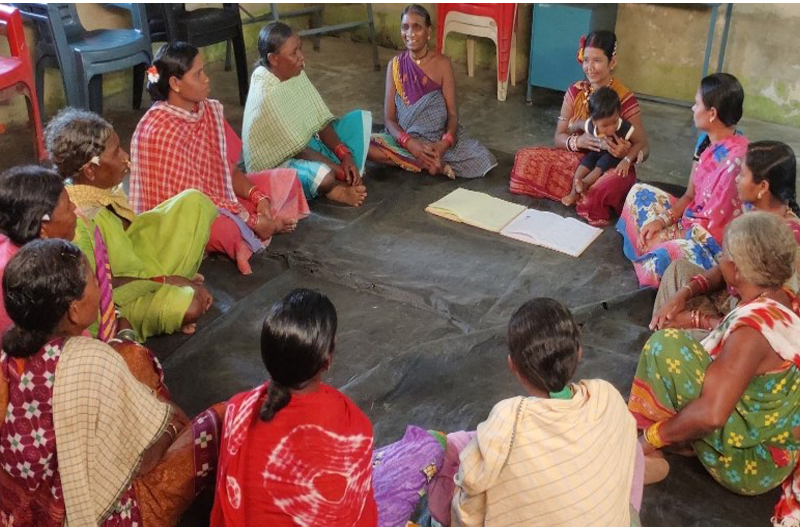
This is the latest feather on Raimati’s cap. Earlier, she was felicitated at the G-20 Summit in New Delhi and awarded the title of Queen of Millets, besides being one of the winners at the Times Now Amazing Indian Awards 2024. Her contribution to genome research and preservation of endangered varieties of rice and millets were what won her recognition. She helped preserve 30 rare millet varieties and trained women in millet cultivation. Raimati also represented her village at a global event organised by BRICS Chamber of Commerce and Industry where trailblazers of 2024 were felicitated.
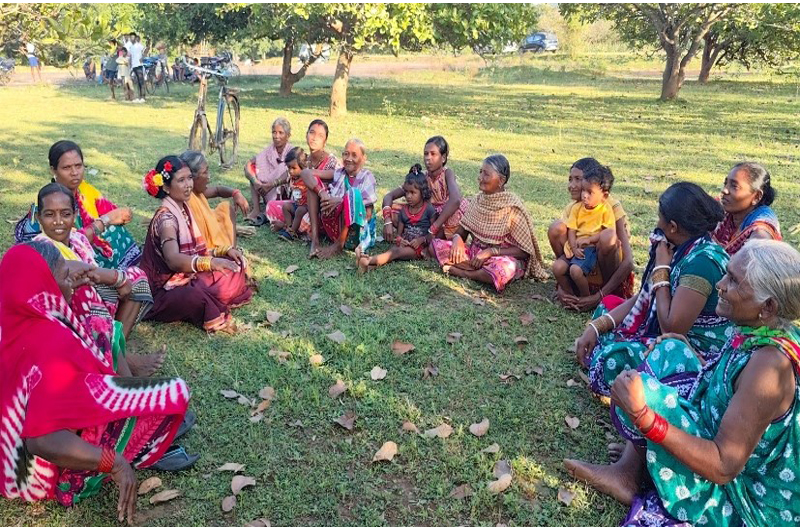
Odisha’s Koraput is known as the birthplace of some indigenous varieties of rice. The local tribal people have been preserving and protecting endangered variants using indigenous knowledge. Raimati is one of the many tribal agriculturists who have been relentlessly working to conserve paddy and millets, and orchestrating a mass movement for organic farming in the region. When she represented Odisha at the G-20 Summit, she was one of the five finalists selected from about 5000 nominees before being declared the winner.
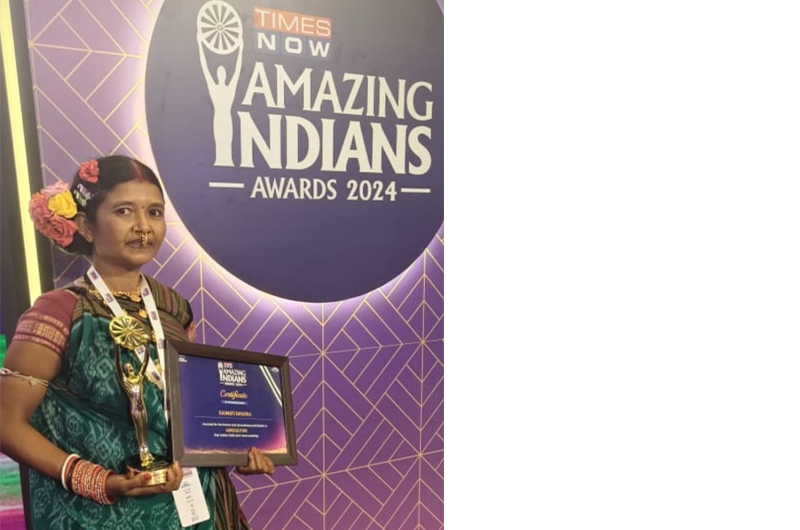
Raimati has an enviable legacy. She was born in Patraput Village near Jeypore and was influenced by her aunt, the late Kamala Pujari, a Padma Shri awardee. Following in her aunt’s footsteps, Raimati took an interest in agriculture from early childhood. And later, when Trilochan Ghiuria, an award-winning agriculturist who worked on rice genomes became her father-in-law, she was given even more encouragement to pursue her interest.
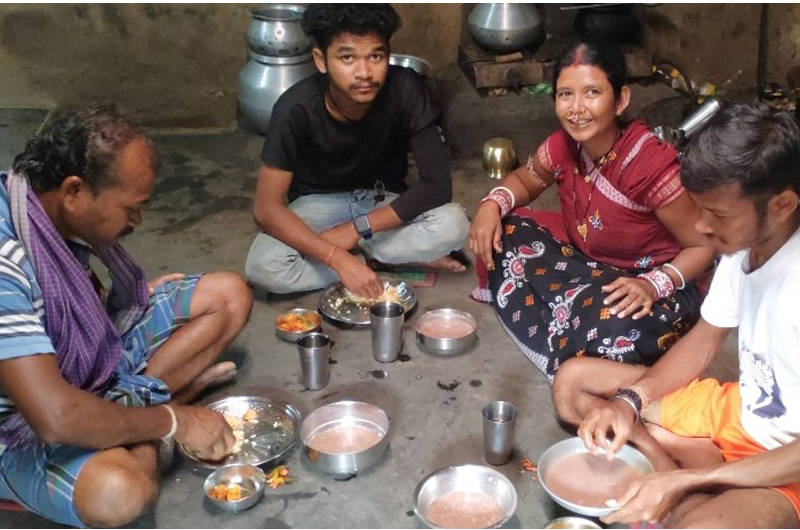
Raimati has concentrated her efforts on preserving millet varieties such as ragi and suan. She trains and encourages farmers like her to take an interest in traditional grains. She engaged in community-based farming promoted by the MS Swaminathan Research foundation (MSSRF), Jeypore. In 1998, she and fellow women farmers started agricultural activities under the banner of Panchabati Grama Unnayana Samiti and took the lead in training numerous women in millet cultivation.
MSSRF block coordinator Pratap Chandra Jena helped set up a self-help group named Baman Dei, with Indian Overseas Bank providing funding of Rs. 5 lakh under its agriculture mobilsation programme. A farm school was constructed in Nuagauda, where farmers undergo training after their work in the fields. Common problems, the scope of agriculture, and diversification of farming are among the topics discussed. Now, farmers from the villages of Kosiguda, Pujariput, Boliguda, Nuaguda and Phutu Guda are cultivating more than 150 varies of ragi and rice.
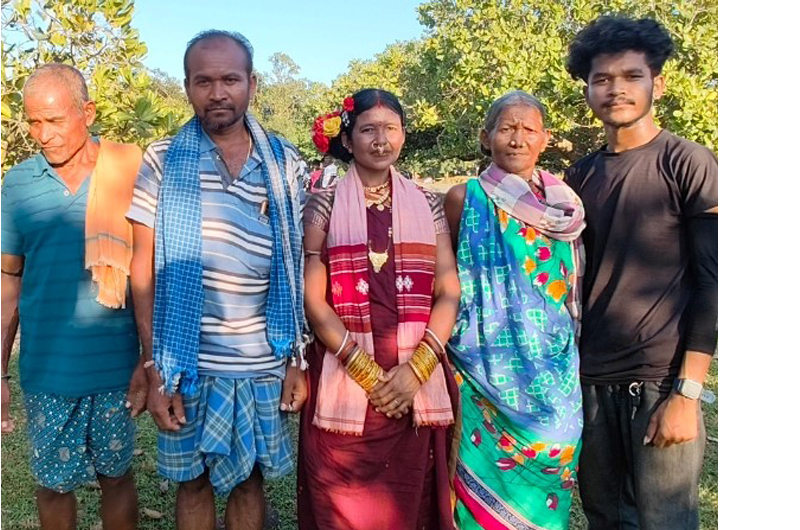
Note: Raimati Ghiuria now awaits an honorary degree from the Odisha University of Agriculture and Technology, Bhubaneswar. In a recent letter, Vice Chancellor Prof Pravat Kumar Rout had invited her to the 40th convocation of the university this year, to be honoured with the degree.
(The writer, based at Koraput, has a doctorate in ‘role of journalism in tribal development’ and continues to research on tribal life and culture.)



 from Webdoux
from Webdoux